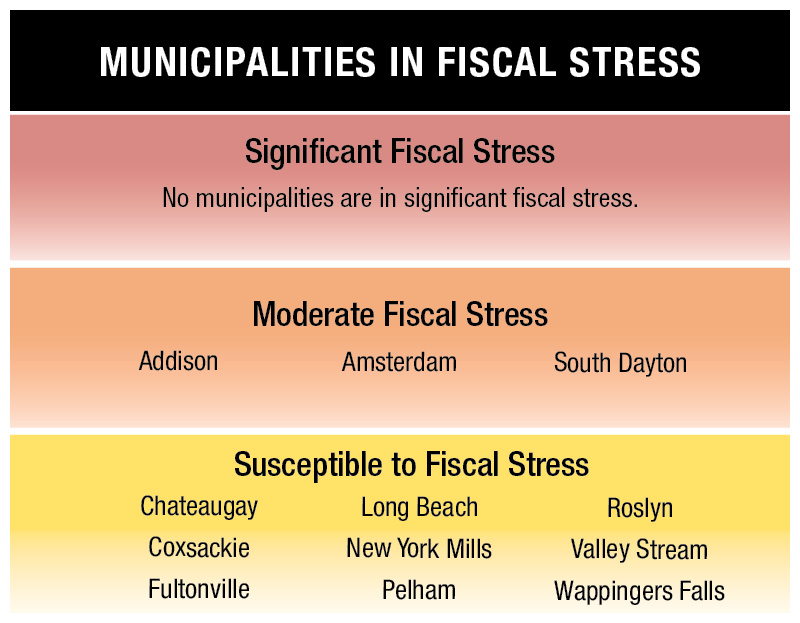Damian Williams, the United States Attorney for the Southern District of New York, announced that VIRGIL GRIFFITH, a U.S. citizen who conspired to provide services to the Democratic People’s Republic of Korea (“DPRK” or “North Korea”), including technical advice on using cryptocurrency and blockchain technology to evade sanctions, was sentenced to 63 months after pleading guilty to conspiracy to violate the International Emergency Economic Powers Act (“IEEPA”). U.S. District Judge P. Kevin Castel imposed today’s sentence.
U.S. Attorney Damian Williams stated: “There is no question North Korea poses a national security threat to our nation, and the regime has shown time and again it will stop at nothing to ignore our laws for its own benefit. Mr. Griffith admitted in court he took actions to evade sanctions, which are in place to prevent the DPRK from building a nuclear weapon. Justice has been served with the sentence handed down today.”
According to the Complaint, Indictment, other documents in the public record, as well as statements made in public court proceedings:
Pursuant to the IEEPA and Executive Order 13466, United States persons are prohibited from exporting any goods, services, or technology to the DPRK without a license from the Department of the Treasury, Office of Foreign Assets Control (“OFAC”).
GRIFFITH, a cryptocurrency expert, began formulating plans as early as 2018 to provide services to individuals in the DPRK by developing and funding cryptocurrency infrastructure there, including to mine cryptocurrency. GRIFFITH knew that the DPRK could use these services to evade and avoid U.S. sanctions, and to fund its nuclear weapons program and other illicit activities.
In April 2019, GRIFFITH traveled to the DPRK to attend and present at the “Pyongyang Blockchain and Cryptocurrency Conference” (the “DPRK Cryptocurrency Conference”). Despite the fact that the U.S. Department of State had denied GRIFFITH permission to travel to the DPRK, GRIFFITH delivered presentations at the DPRK Cryptocurrency Conference, tailored to the DPRK audience, knowing that doing so violated sanctions against the DPRK.
At the DPRK Cryptocurrency Conference, GRIFFITH and his co-conspirators provided instruction on how the DPRK could use blockchain and cryptocurrency technology to launder money and evade sanctions. GRIFFITH’s presentations at the DPRK Cryptocurrency Conference had been approved by DPRK officials and focused on, among other things, how blockchain technology such as “smart contracts” could be used to benefit the DPRK, including in nuclear weapons negotiations with the United States. GRIFFITH and his co-conspirators also answered specific questions about blockchain and cryptocurrency technologies for the DPRK audience, including individuals whom GRIFFITH understood worked for the North Korean government.
After the DPRK Cryptocurrency Conference, GRIFFITH pursued plans to facilitate the exchange of cryptocurrency between the DPRK and South Korea, despite knowing that assisting with such an exchange would violate sanctions against the DPRK. GRIFFITH also attempted to recruit other U.S. citizens to travel to North Korea and provide similar services to DPRK persons and attempted to broker introductions for the DPRK to other cryptocurrency and blockchain service providers. At no time did GRIFFITH obtain permission from OFAC to provide goods, services, or technology to the DPRK.
In addition to the prison sentence, GRIFFITH, 39, was sentenced to three years supervised release.
Mr. Williams praised the outstanding investigative work of the Federal Bureau of Investigation and its New York Field Office, Counterintelligence Division, and thanked the Department of Justice’s National Security Division, Counterintelligence and Export Control Section, the Department of Justice’s Office of International Affairs, and the Singapore Police Force for their assistance.






